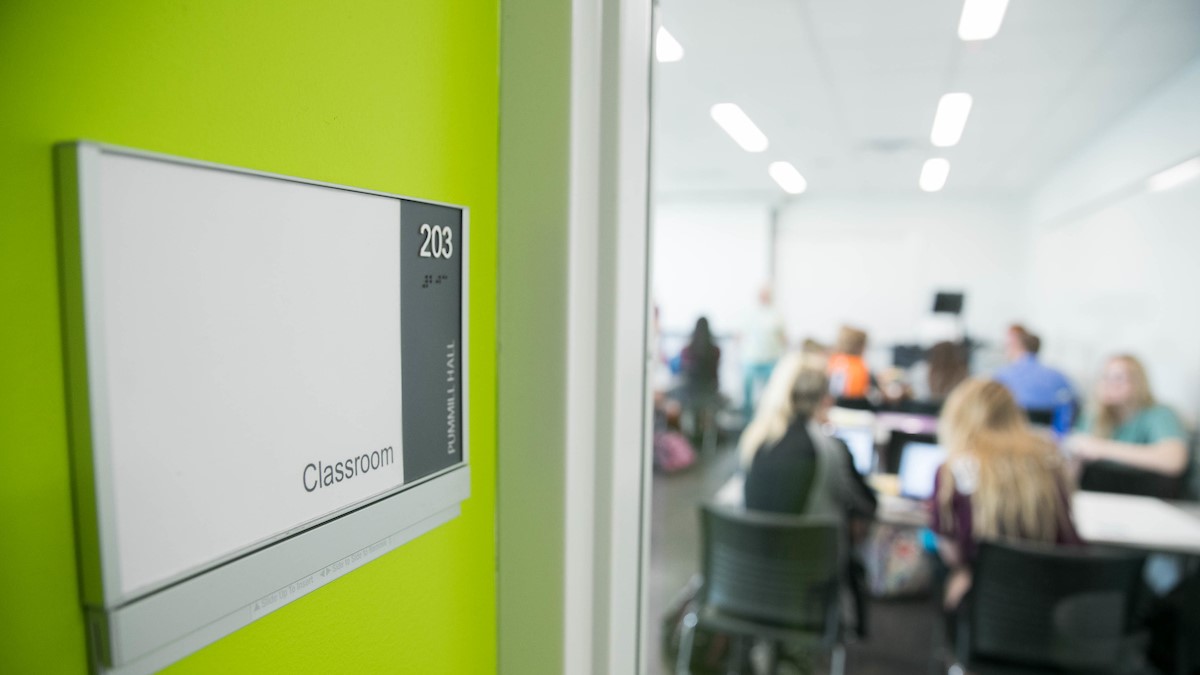Missouri is facing a teacher shortage.
Information from Missouri Department of Elementary and Secondary Education (DESE) shows that special education teachers rank in the top three certification areas in need of fully certified teachers to fill vacancies across the state.
Faculty in Missouri State’s College of Education are striving to create a solution to this shortage. They developed Pathways for Paraprofessionals, an alternative pathway to certification for paraeducators in Missouri schools.
Paraeducators assist special education teachers throughout the school by supporting individualized education plans across academic and behavioral realms.
“Paraeducators are already working in special education and already have a desire to work with kids with special needs,” said Dr. Reesha Adamson, associate professor in the department of counseling, leadership and special education (CLSE) at MSU. “We had to think about how we can support this population of individuals in accessing a degree.”
Eliminating barriers
The Pathways for Paraprofessionals program is funded as part of the Workforce Innovation Opportunity Act. It’s designed to remove many of the barriers that prevent paraeducators from returning to college and completing their degree.
“Pathways for Paras is a great way to ‘think outside of the box’ as we attempt to increase the number of people who will become teachers,” Dr. Jon Turner, associate professor in the CLSE department, said.
Learning at work
While it is not uncommon for paraeducators to be in the traditional degree program, the traditional path is not always conducive to students who work full-time.
“We created a track where school districts partner with us to develop cohorts within their districts,” Adamson said. “The track is unique because about half of the classwork for those final two years is taught at the school district.”
Bringing the classwork to the districts has several benefits, allowing teachers to focus on the curriculum in the schools where they already work.
“They’re able to talk about best practice as it applies to their school district’s curriculum and then walk out the door and immediately apply those practices to the job that they’re doing every day,” Adamson said.
Finding financial resources
One of the biggest barriers for nontraditional students is a lack of financial assistance.
“Many potential teachers cannot travel the traditional route to get a teaching degree,” Turner said. “They need a job while they pursue their degree and just can’t afford to attend college full-time.”
The U.S. Department of Labor recognizes paraeducator as a skilled apprenticeship, allowing Pathways for Paraprofessionals to be designated as an apprenticeship program.
This opened funding opportunities, making higher education achievable for nontraditional students who are already working as paraeducators.
“For paraeducators who are interested in this program: Do not let anything stop you from achieving your dreams of higher education,” Adamson said. “There are so many resources out there. Our goal is to try to make this as affordable as possible for each individual in this program.”

